Nā Kahurangi Milne
Nau mai hoki mai and welcome back to blog post #2 from Arataua. According to my Pinterest rangahau, one of the hardest things about blogging is consistency and keeping it up. I’m surprised we made it to #2 to be honest, wohoo us!
One thing I mentioned in the first blog is that we specialise in “talking to Māori”. What does that mean you ask?
As a business that offers a marketing service, one of the first questions we always ask our clients is; who is your audience? Marketing 101 really.
We’ve decided that as a Māori business our focus is on trying to be really good at connecting and engaging with Māori audiences. We found that most of the organisations and clients that come to us have that same goal in mind.
We’ve also had organisations that already have an internal marketing and communications team but struggle to work with them on projects where they are wanting to connect with Māori, so they call on our āwhina (support). In fact, one major organisation’s communications team doesn’t post much Māori content and or put reo Māori copy (flash marketing word for text, words etc) on their social channels to avoid the “backlash” that might be received. We were quite shocked by this! However, I think this probably happens in many organisations and departments across Aotearoa.
What we believe “talking to Māori” means is it’s not just using Māori terms, it’s not just getting a Māori actor or personality to front the marketing. It means authentic involvement from the get go, it means having a long game for the project not just a tick the box attitude. We’ve all seen many a cheesy and cringey marketing campaign that just doesn’t hit the mark at all.
Without trying to sound like we speak on behalf of all Māori (engari mō tēnā-no way) we believe Māori audiences deserve better. Talking to Māori to us means that if the answer to the question “who is your audience” is Māori, then there is a commitment to doing that right.
To wrap up we share these 3 key questions you may want to use to guide your future project:
1. The first question of any project/marketing campaign should always be;
‘Who is our audience?’
2. What more do I/we need to know about what’s important to Māori?
3. How will we ensure we connect and engage in a pono and tika (right and true) way from start to finish?
Ka nui te mihi e hoa mā and thank you for reading, we value your time and support.
Drop us a comment below if you have any whakaaro (thoughts) to share we’d love to hear from you.
Kahu x




